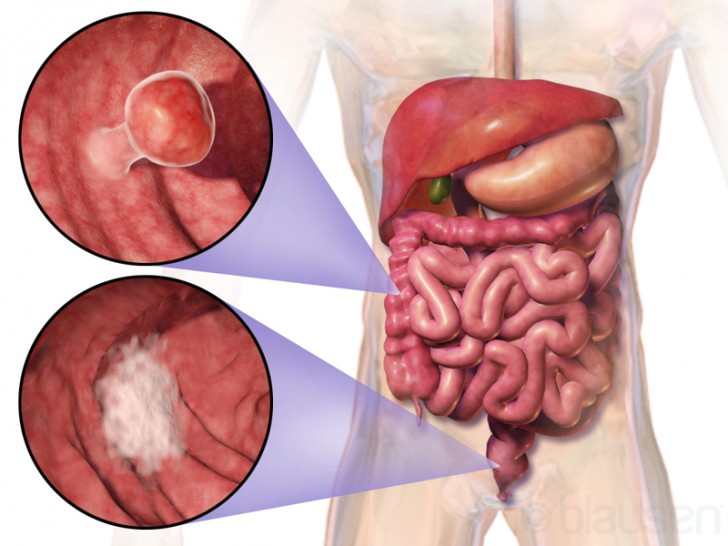Some symptoms that may indicate serious colon problems and should not be underestimated

According to data provided by the Colorectal Cancer Alliance, cases of colon cancer have increased exponentially since 1990.
In the past, this pathology mainly affected the elderly population, but in the last 30 years, the incidence rate in individuals under the age of 50 has increased by four times.
It is an insidious disease because it is very often silent, but here are some symptoms that can help diagnose it early.

- Rectal bleeding. In most cases, when this occurs, it is thought to be hemorrhoids or fissures, and not too much thought is given to the problem. However, a doctor must be consulted, especially if it involves repeated episodes that have never happened in the past.
- Sudden intestinal irregularity. Phenomena such as constipation, diarrhea or a feeling that the bowel is not completely empty, are important signals that should not be overlooked if they last for more than a week.
- Stomachache. Obvious and bothersome symptoms such as nausea, cramps, and vomiting definitely reveal that something is not functioning as it should. It would be best to consult your doctor to understand better what is happening.

- Blood in the stool. It may sound disgusting but checking the color of your bowel movements can serve as an indicator of the body's state of health. So be especially attentive when it is very dark.
- Fatigue. Feeling tired can depend on the slow bleeding of a neoplasm in the digestive tract. This causes the loss of iron and a decrease in red blood cells, the consequence is anemia which in turn creates difficulty in breathing and fatigue.

The most effective diagnostic investigation to highlight the presence of possible colon cancer is a colonoscopy. After the age of 40, you should undergo this examination at least once, as a form of prevention, perhaps repeating it every five years.
The symptoms indicated above can act as a wake-up call, however, it is necessary to be on guard because in several cases the disease does not show obvious signs until it is already in an advanced stage.
Therefore, by getting regular screening and learning to listen to your body, all abnormal cell growth can be eliminated before aggressive forms of this disease develop.





